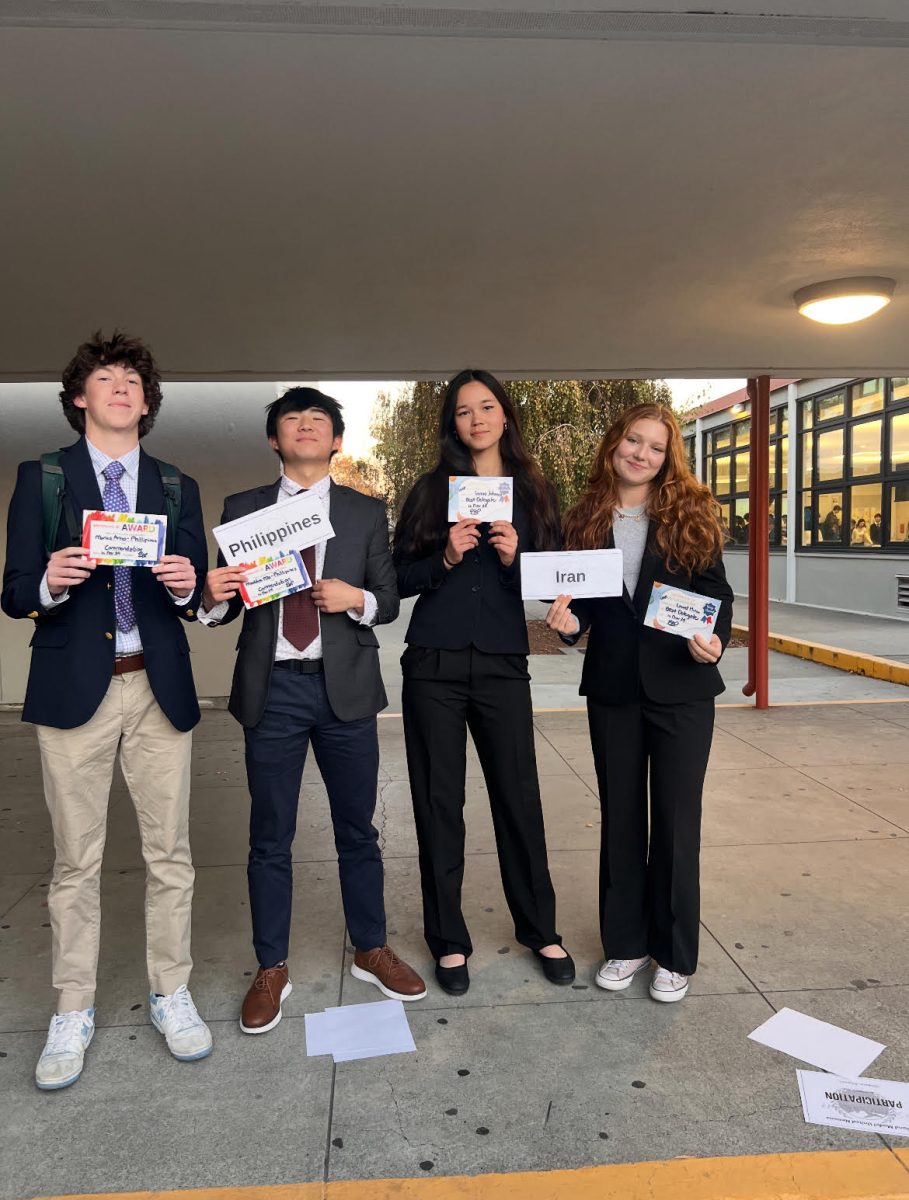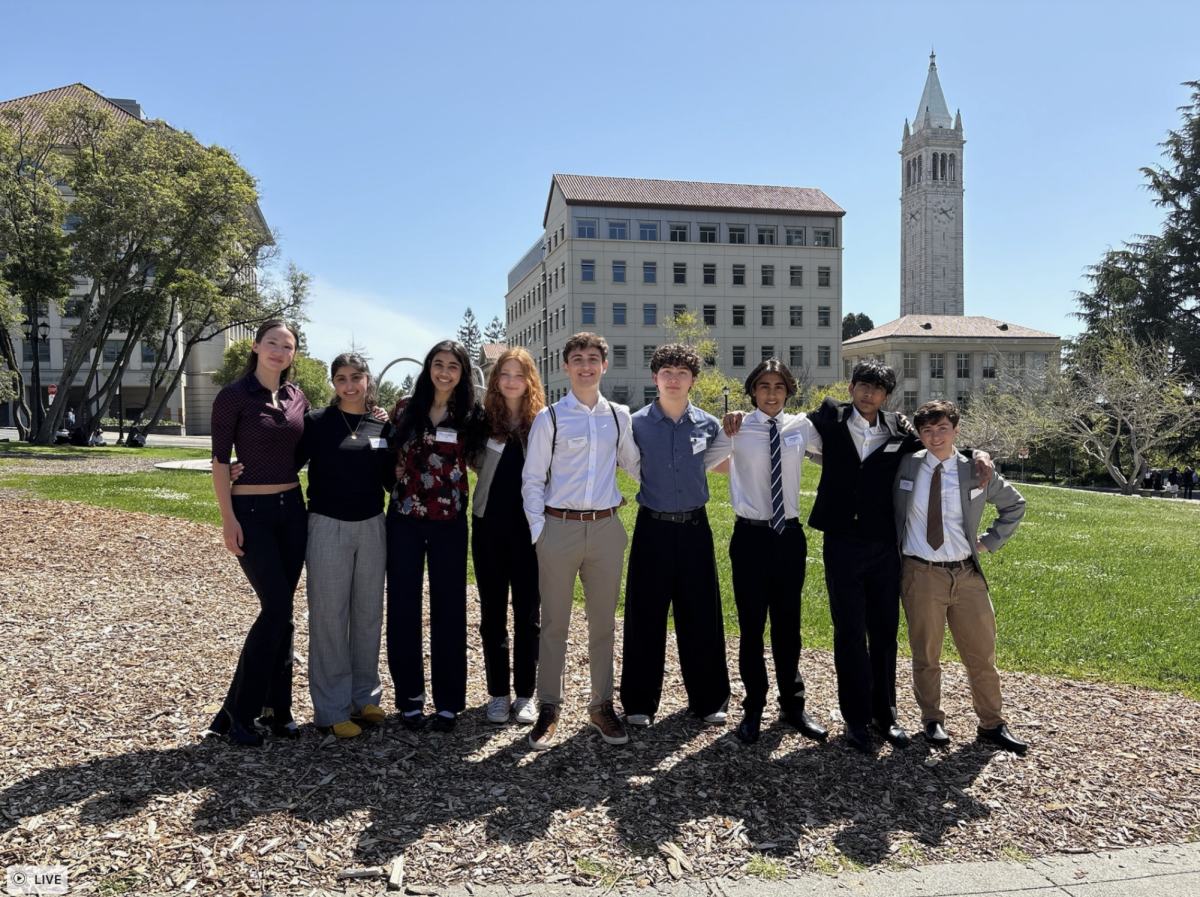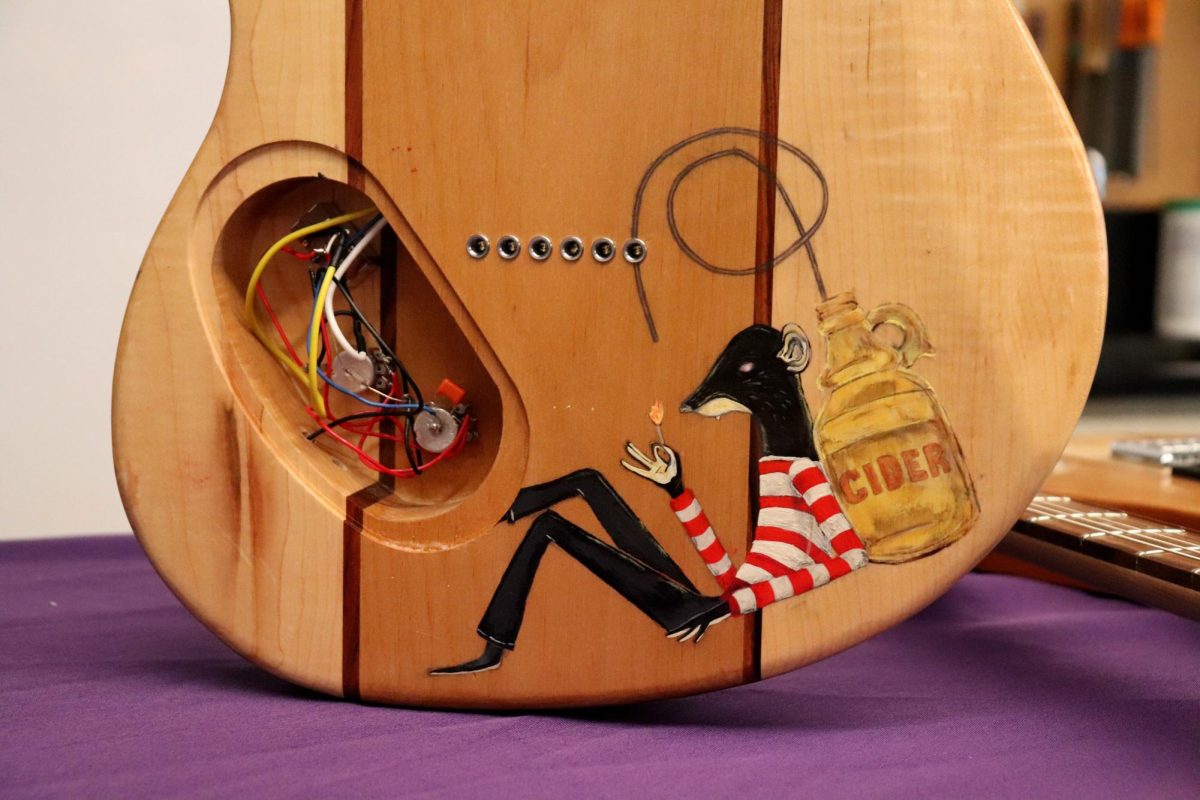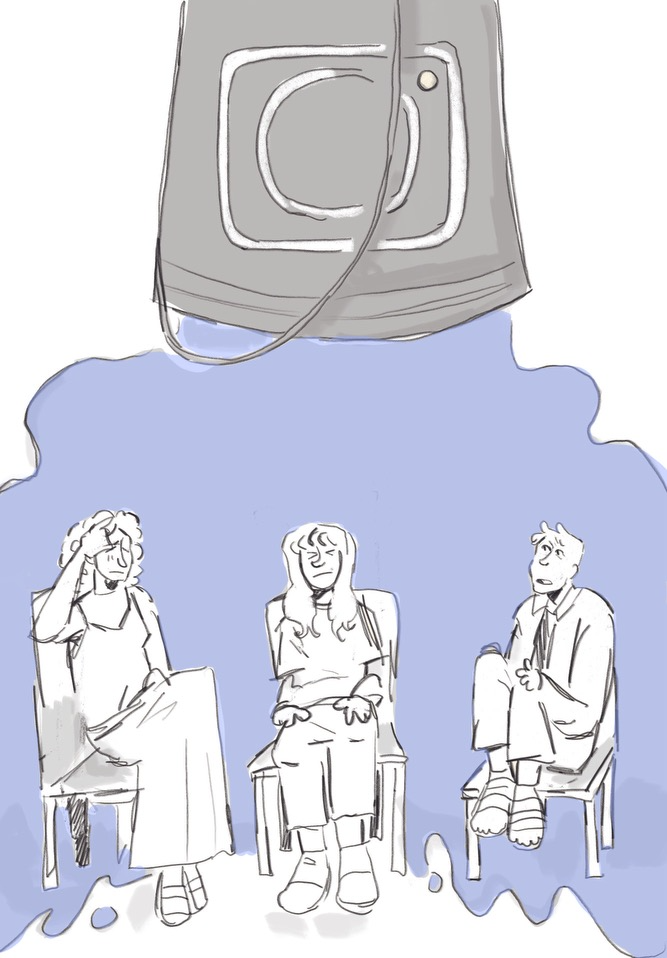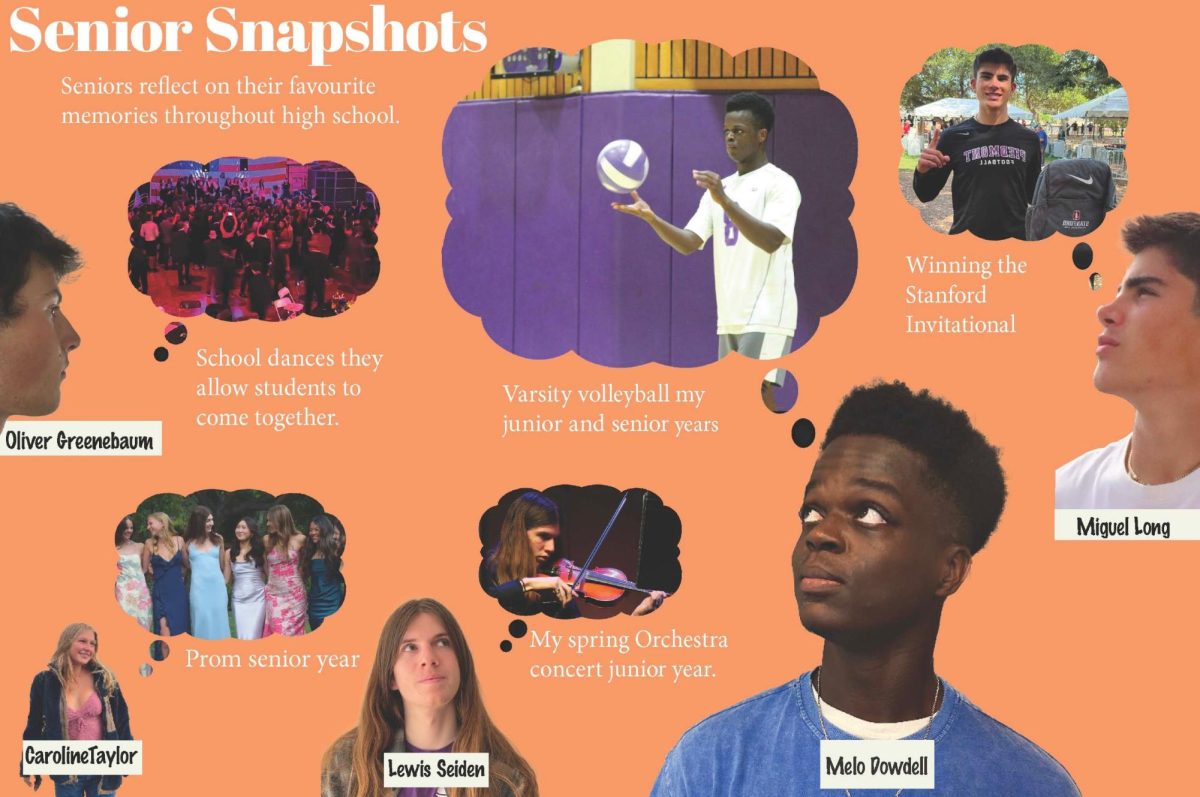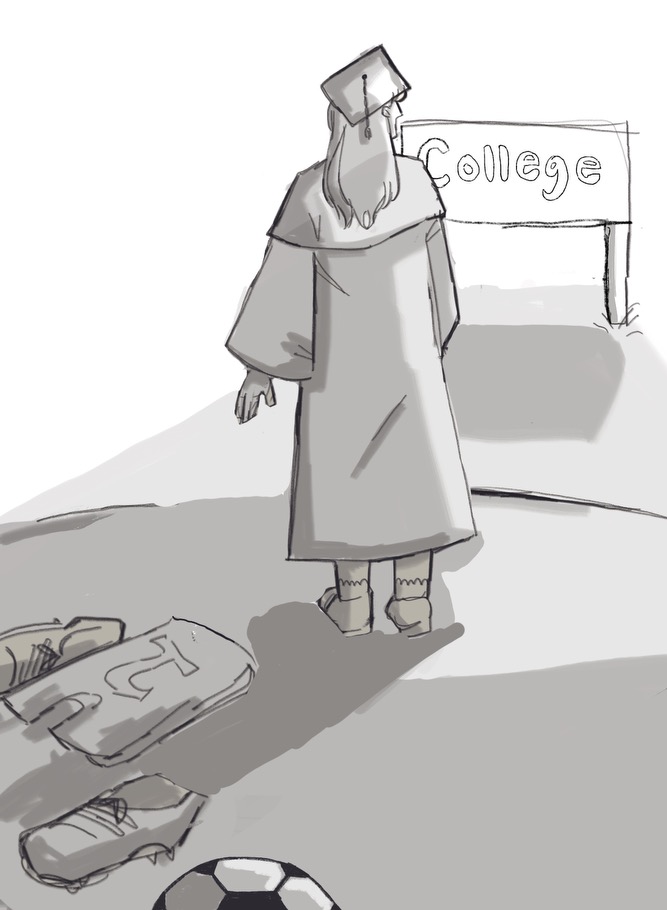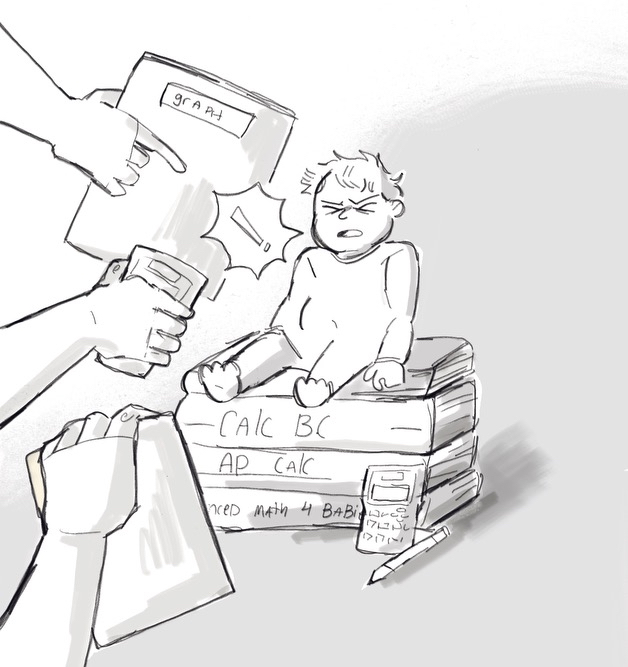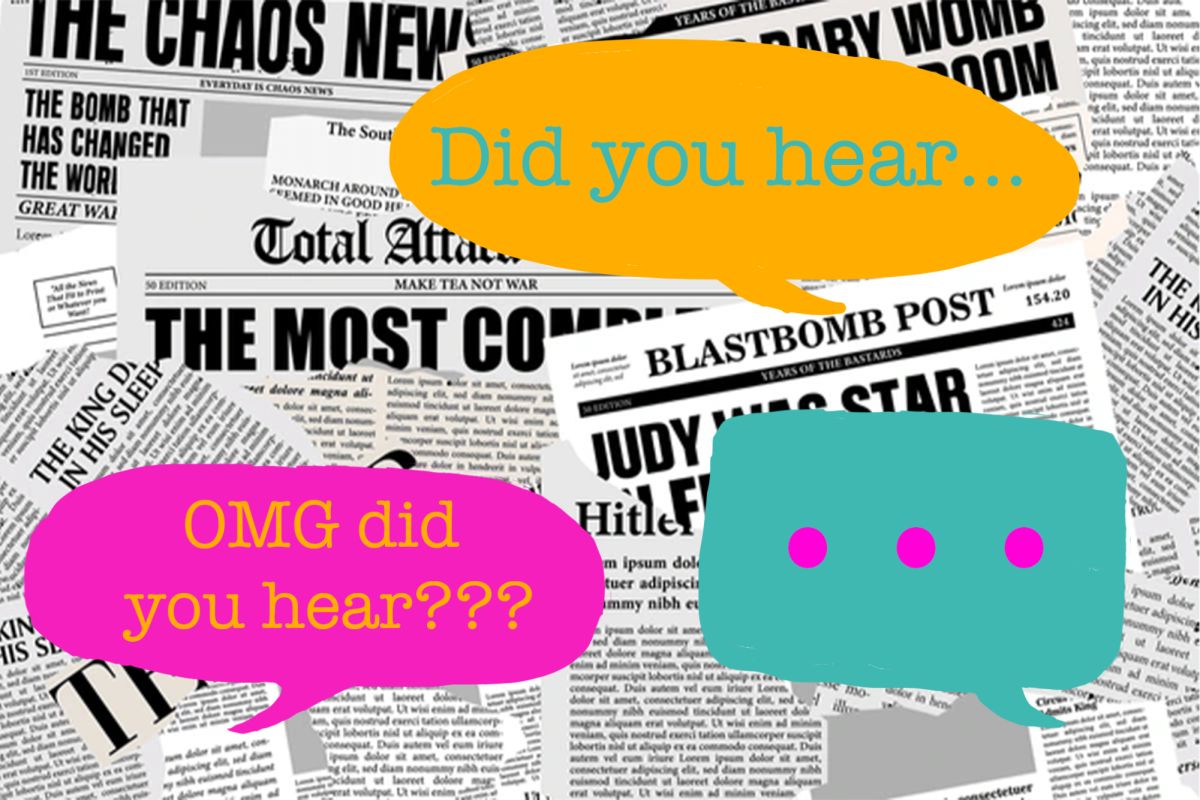“Did you hear ICE was seen in Oakland?”
“Did you see what Elon Musk did?”
“Did you know Trump’s getting rid of diversity rules?”
For the past couple of weeks, these kinds of questions have been everywhere in school. Since President Trump’s second inauguration, the president’s controversial executive orders have been topics of discussion in classrooms, the hallways, and over texts and conversations. As we grow up, this type of awareness is great for keeping students generally informed of national issues. However, discussions of national news are rarely accompanied with sympathy, concern, or any kind of follow-up in the slightest. Far from responding with outrage and activism, students seem to view Trump’s recent decisions as nothing but a drop in the bucket of the overwhelming flow of information we have access to. Students forget that these executive orders pose real and dire threats to people around the world.
To many students, laws threatening the rights of undocumented immigrants, transgender athletes, or sexual assault victims may seem far away and out of reach–but they shouldn’t. For many students, especially in Piedmont, there is a disconnect between the news and humanity, and a sense of willful ignorance because of the lack of personal impact. Students feel a lack of connection to news, and therefore ignore it or brush it off. Not only does this show lack of empathy, but it demonstrates and perpetuates a vicious cycle. We send tragically catchy headlines to our friends and family as tokens of moral compassion without reading past the first paragraph.
More often than not, students are either completely unaware of the legislative decisions affecting their communities, or their only understanding is brought about by another student’s questioning or posts on social media. We will see the same Instagram post being reposted over and over and talk about it with little to no follow-up, preventing deeper understanding. Knowing a headline brings no benefits without looking into the facts, so spreading unresearched information will never help students grow.
Real change may feel out of reach, or simply impossible, but the first step to progress is awareness. As we hear those “did you hear” questions, we should take them as encouragement to learn what the news really is and inform ourselves. Next time a “did you know” floats around the hallway, we can take that as an opportunity to have real conversations. News headlines can transform into students informing one another, which can transform into a better culture of awareness for us all. As news travels around, it is our duty to learn and read, and to encourage others to do the same.
